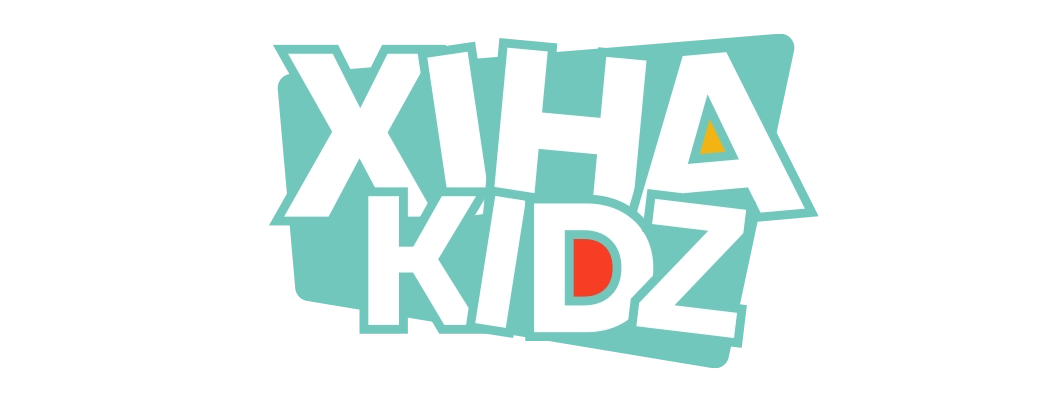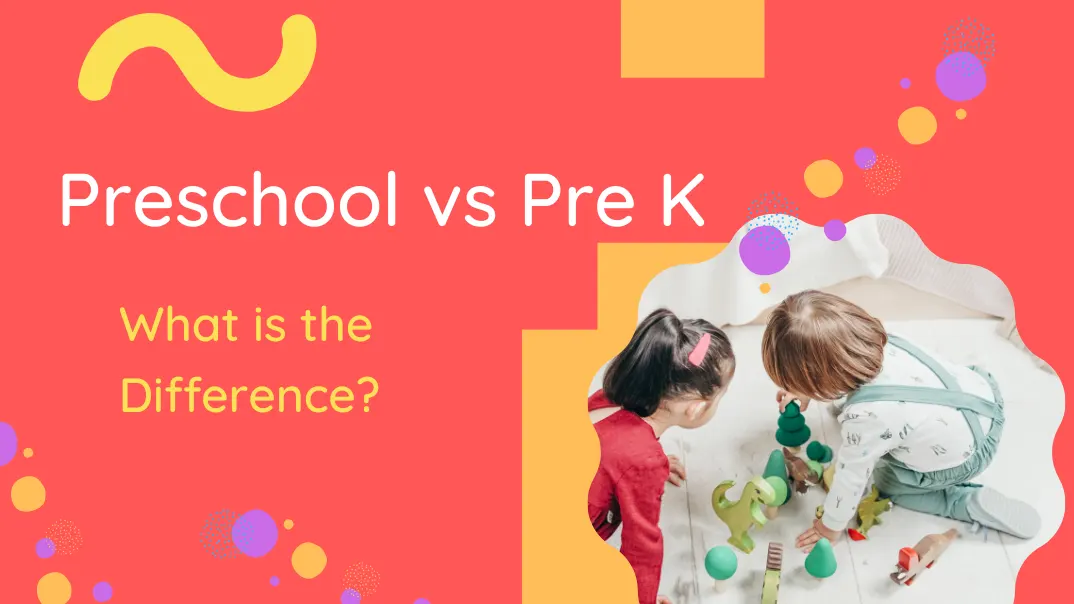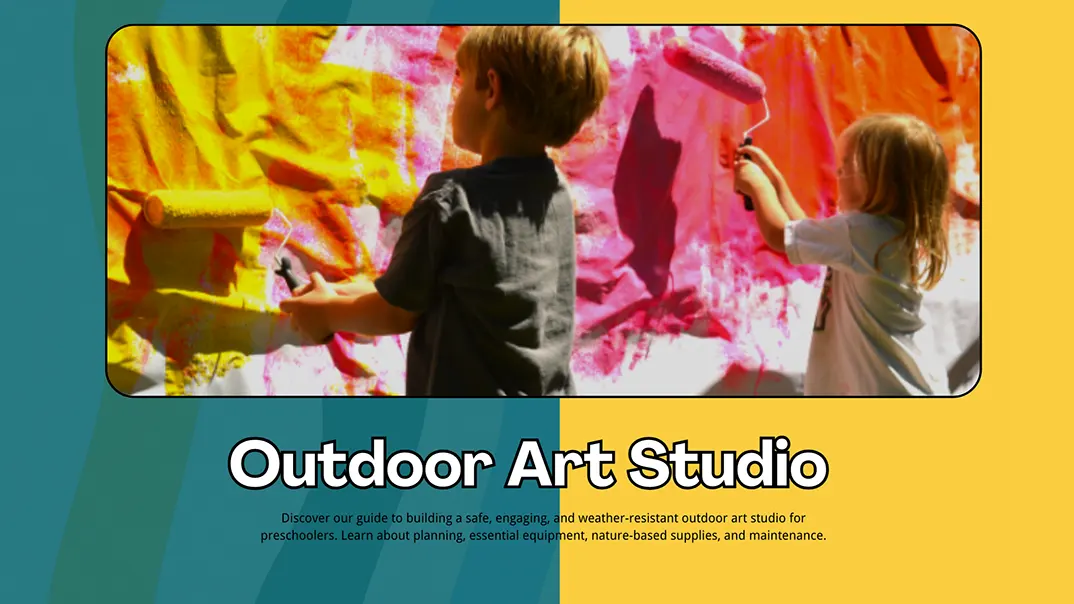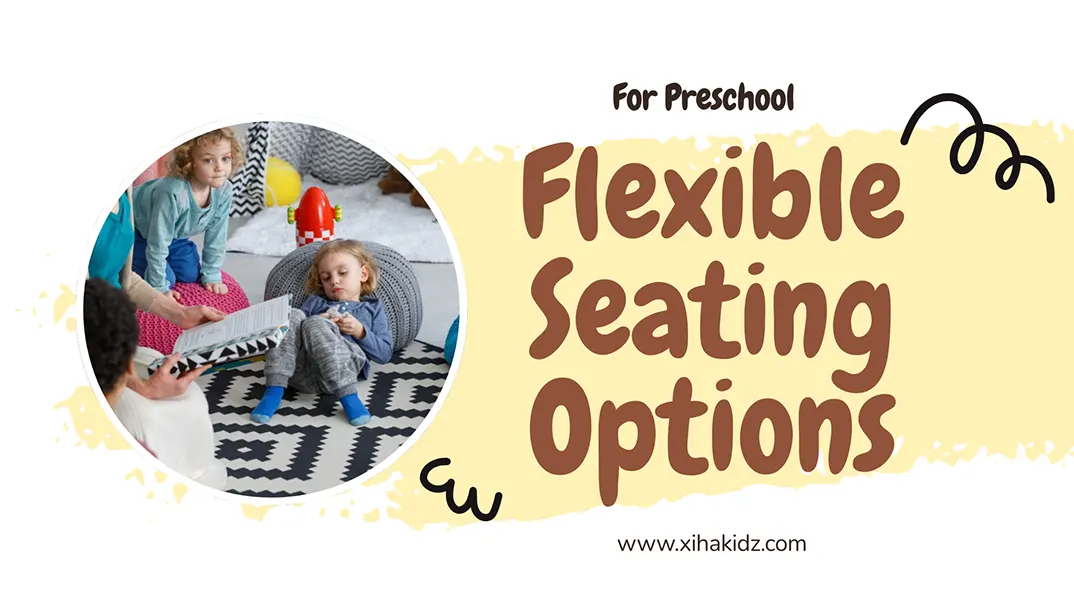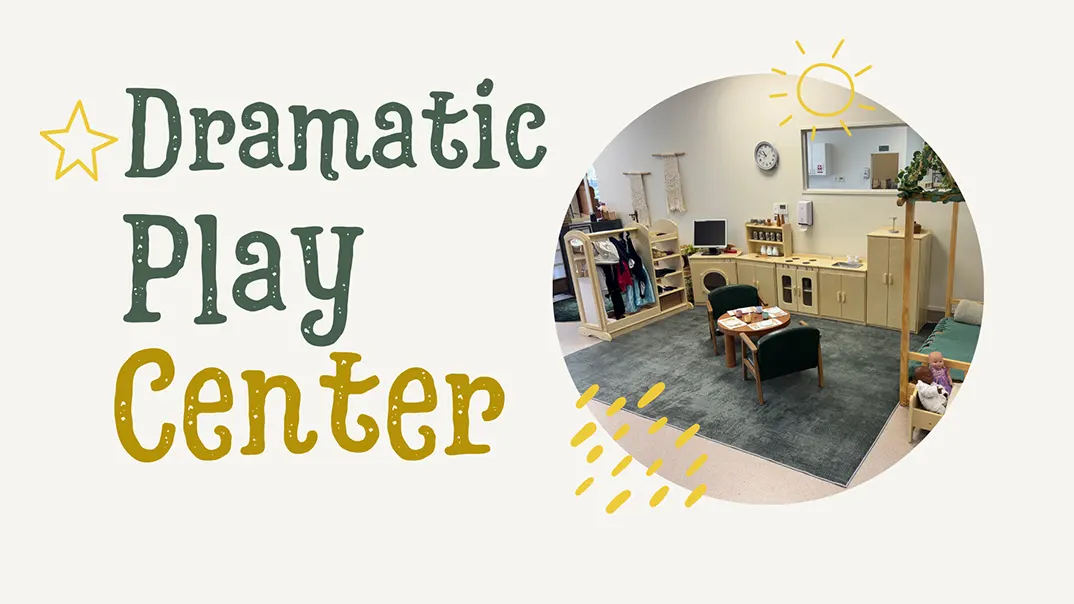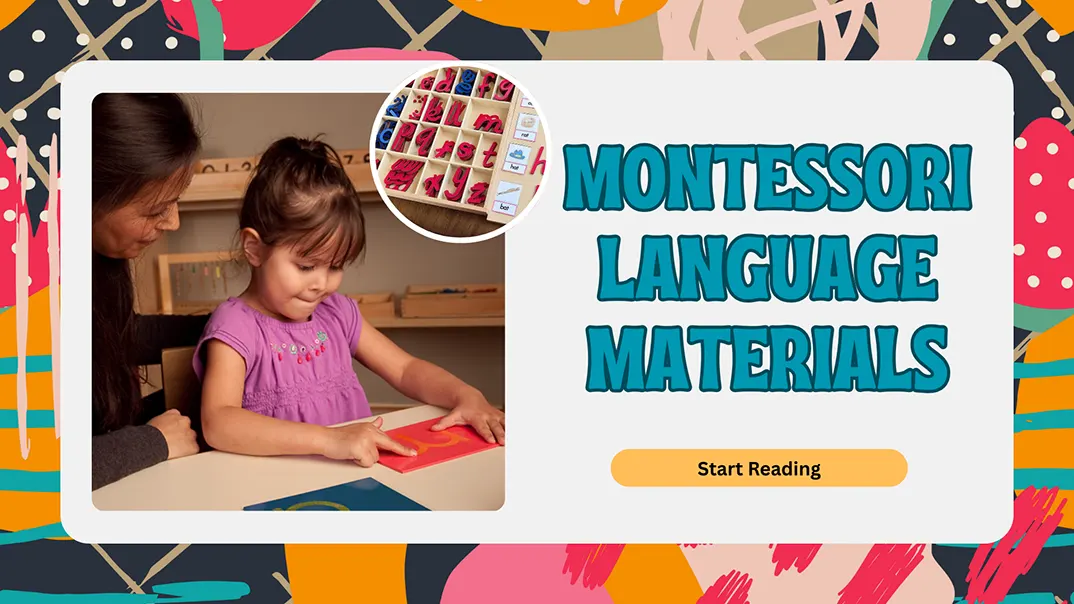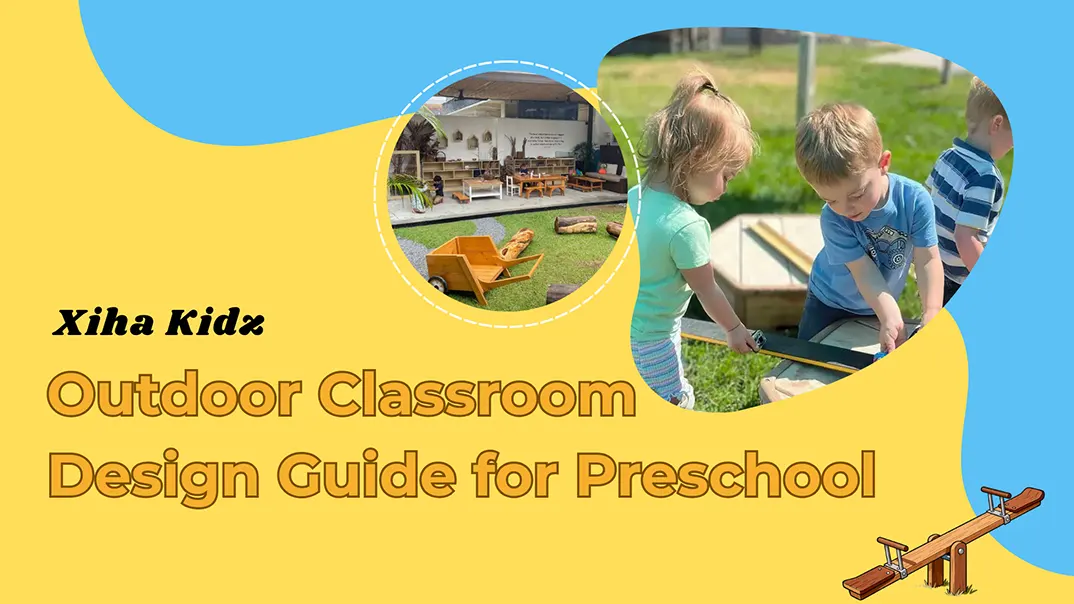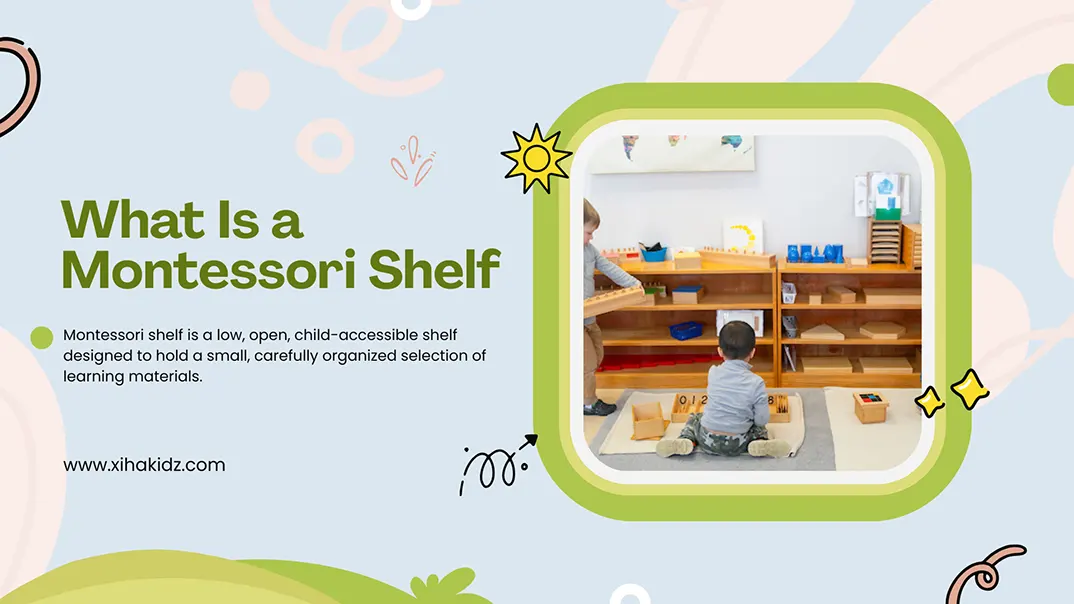Early childhood education forms the bedrock of a child’s developmental journey. Programs like preschool vs Pre K are pivotal in shaping cognitive, emotional, and social skills. While these terms are often used interchangeably, they serve distinct purposes. Understanding the differences can help parents make informed choices that suit their child’s unique needs.
Preschool vs Pre K are both early learning programs, but they differ in age range, curriculum focus, and readiness for kindergarten. Preschool typically starts earlier and focuses on basic social and cognitive skills, while pre-K emphasizes kindergarten readiness and targets slightly older children.
Are you curious about how these programs compare in detail? Keep reading to discover key differences, benefits, and tips to make the best choice for your child.
What is Preschool?
Preschool is an educational setting primarily for children between the ages of 2.5 and 4. It is an introductory experience to structured learning, although the focus is more on socialization, creativity, and basic skills development than academic rigor.
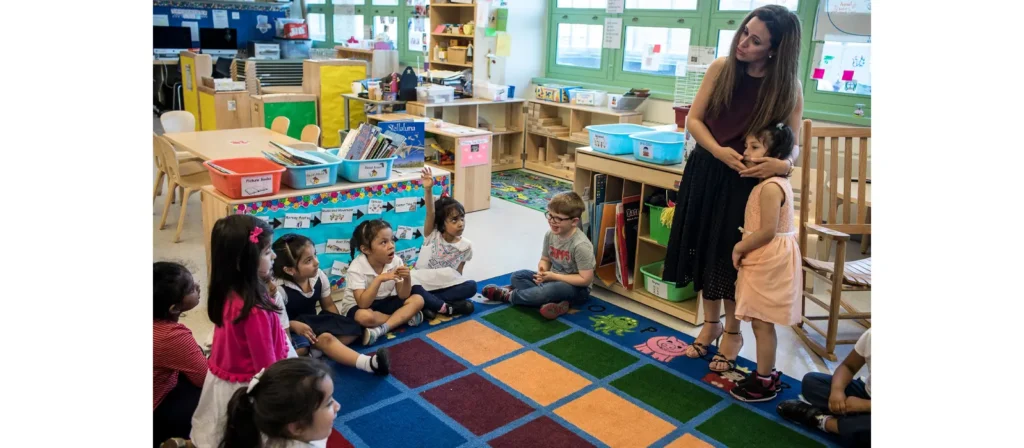
At its core, preschool aims to introduce children to formal learning in a playful, flexible, and less structured way than later educational environments. It emphasizes self-regulation, building social skills, and engaging in activities that encourage physical, emotional, and cognitive growth. Activities in preschool might include arts and crafts, storytime, basic puzzles, or cooperative games, allowing children to explore their environment and interact with peers.
Key aspects of preschool include:
- Play-based learning
- Exploration and discovery
- Learning through hands-on activities
- Development of social and emotional skills
- Foundation for early literacy and numeracy
What is Pre-K?
Pre K, or Pre-Kindergarten, is an educational program designed for children aged 4 to 5, just before they enter kindergarten. It is a more formalized and structured program than preschool, with a clear focus on preparing children for academic learning in elementary school.
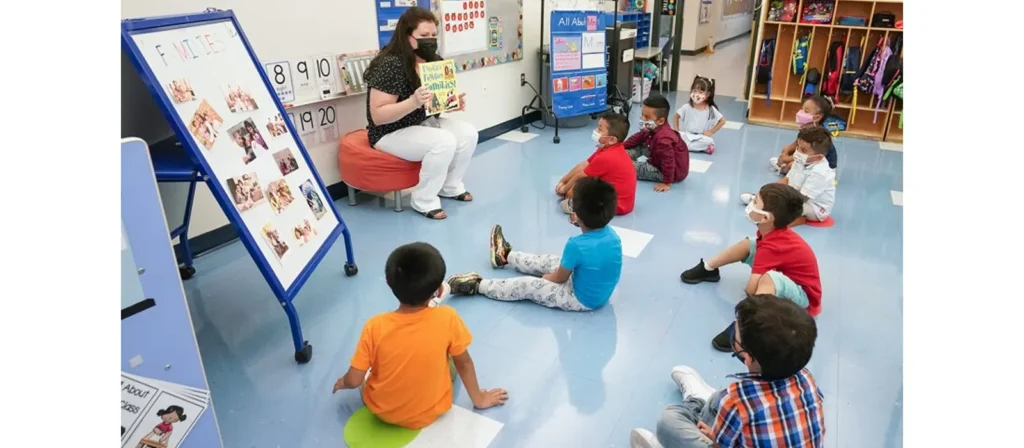
While preschool emphasizes creativity and socialization, pre-K introduces more structured activities centered around early literacy, numeracy, and cognitive skills. Children in pre K will engage in activities like letter recognition, phonics, simple math, and problem-solving tasks to help them build the skills needed for kindergarten.
The schedule in a pre K program is often more consistent and may resemble the structure of a full school day, including longer hours and more organized classroom time. Pre K aims to ensure that children are school-ready by providing them with the tools and knowledge they need for the academic demands they will face in kindergarten.
Key aspects of pre-K include:
- School readiness with structured lessons
- Introduction to early literacy and numeracy
- Problem-solving and critical-thinking activities
- Development of motor skills through writing and crafts
- Preparation for a formal learning environment in kindergarten
What Are the Similarities Between Preschool vs Pre K?
Even though pre k and preschool differ in some important ways, they share several similarities that highlight the importance of early childhood education in a child’s development.
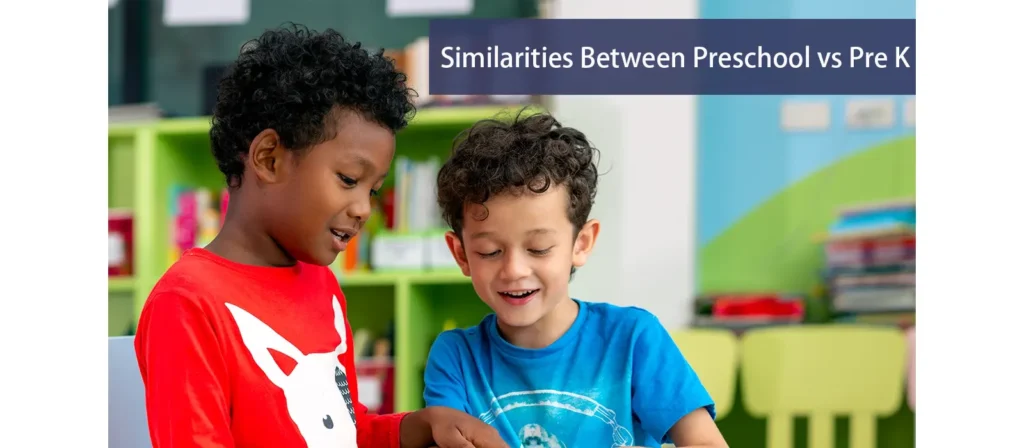
Teaching Methods
Both preschool vs pre-k programs rely on active learning and hands-on experiences. Both programs encourage exploration, creativity, and social interaction through various activities. Children in both programs will engage in arts, crafts, storytime, and physical activities that promote motor skills and cognitive growth.
- Preschool: Learning through play and creative expression
- Pre-K: Focuses on academic skills with structured lessons
Social and Emotional Growth
Both preschool and pre k programs aim to build social and emotional skills. In both settings, children learn to interact with their peers, practice sharing, follow instructions, and develop emotional regulation. Early childhood education is crucial as it sets the stage for future success in school and life.
- Preschool: Focus on basic socialization, sharing, and cooperation
- Pre-K: More structured interactions, with an emphasis on teamwork and conflict resolution
Transform Your Classroom with Custom Furniture Solutions
Learning Environment
Both programs provide a safe, supportive environment where children can explore, learn, and grow. However, preschool vs pre k environments differ in the level of formality. Preschool is more flexible and informal, while Pre-K offers a more school-like environment with routines and academic lessons designed to prepare children for kindergarten.
- Preschool: Informal, play-based, and flexible
- Pre-K: Structured, formal, and focused on school readiness
What is the Difference Between Preschool vs Pre K?
Looking closely at preschool and pre-K differences, it becomes evident that these programs cater to different age groups and developmental stages, offering unique benefits to children. Let’s break down the primary differences in more detail.
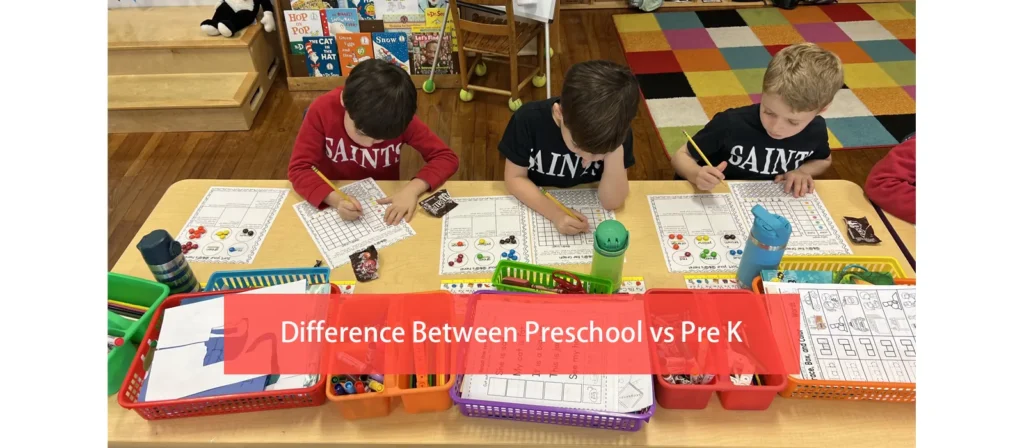
Student Age
- Preschool: Aimed at children aged 2.5 to 4, preschool focuses on early socialization and foundational learning skills.
- Pre-K: For children aged 4 to 5 years old, pre K is focused on preparing children for the academic demands of kindergarten.
School Readiness
- Preschool: Focuses more on basic concepts like shapes, colors, and simple motor skills, along with developing social and emotional competencies.
- Pre-K: Prepares children for kindergarten readiness, emphasizing early literacy, numeracy, and problem-solving. Pre-K vs. preschool is largely a matter of readiness for the more formal kindergarten environment.
Classroom Structure
- Preschool: Flexible schedules and a less structured environment. Children may attend half-days or have part-time schedules.
- Pre-K: Full-day programs with a more structured daily routine. Classes are designed to simulate the kindergarten experience, focusing more on academic activities.
Transform Your Classroom with Custom Furniture Solutions
Cost
- Preschool: Generally more affordable due to shorter hours and a focus on play-based learning.
- Pre-K: It tends to be more expensive because it offers a full-day schedule with a more formal curriculum.
Setting
- Preschool: May be offered in various settings, such as daycare centers or community programs.
- Pre-K: Typically found in public schools, private schools, or specialized pre-kindergarten centers.
Curriculum
- Preschool: Focuses on social and emotional growth, motor skills, and early learning concepts.
- Pre-K: Provides academic readiness, focusing on early literacy, numeracy, and basic problem-solving skills.
Benefits of Preschool vs Pre K
| Aspect | Preschool | Pre K |
|---|---|---|
| Age Group | 2.5 to 4 years | 4 to 5 years |
| Focus | Play-based learning, socialization, emotional growth | Academic preparation for Kindergarten, structured lessons |
| Learning Method | Interactive play, arts and crafts, group activities | Structured lessons, early literacy, basic math |
| Environment | Relaxed, more flexible | More formal, with set schedules and activities |
| Cost | Generally less expensive | Typically higher due to academic curriculum |
| School Readiness | Prepares children for structured learning | Direct preparation for Kindergarten |
| Teacher Involvement | More free play, less direct instruction | More teacher-guided instruction and academic focus |
Choosing the Best Option
When choosing the best option for preschool, it’s essential to consider various factors that can impact your child’s development. Let’s break down the key elements that you need to evaluate:
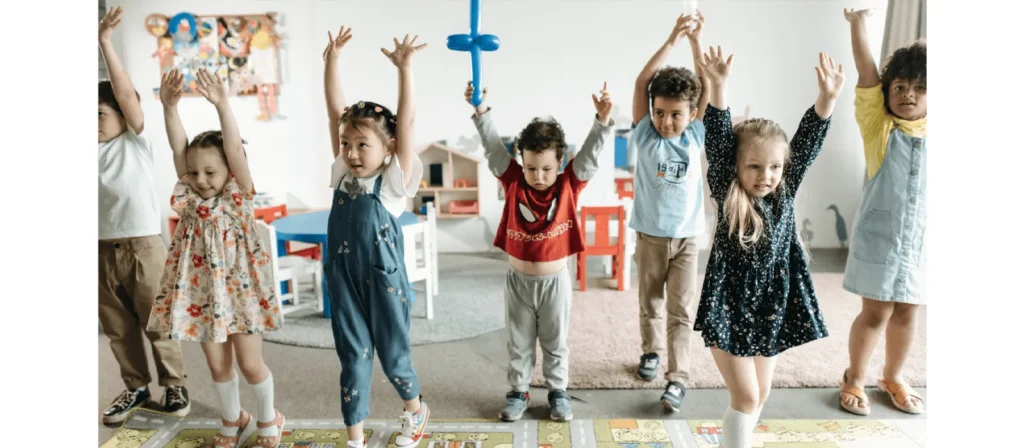
Age and Developmental Stage
The first and most crucial factor in choosing the best option is your child’s age and developmental stage. Children develop at different rates, and what may work for one child might not be suitable for another. Preschool programs are typically designed for children between 3 and 5, but the specific age range can vary depending on the program.
- For Younger Children (3-4 years old): Preschool programs for younger children often focus on socialization, basic motor skills, and early literacy. These children may not be ready for more structured academic activities but will benefit from programs that foster emotional development and basic learning concepts.
- For Older Children (4-5 years old): Pre-Kindergarten programs are typically more academically focused and designed to prepare children for kindergarten. If your child is closer to 5, you might look for programs emphasizing school readiness with a structured curriculum that includes early math, literacy, and social skills.
By assessing where your child is developmentally, you can choose the best option that aligns with their needs, ensuring they feel challenged and supported in their preschool environment.
Transform Your Classroom with Custom Furniture Solutions
Academic Readiness
While some children are eager to dive into academics as soon as they are in preschool, others may need a slower, more relaxed approach. Assessing your child’s readiness for academic learning is key to choosing the best option.
- For Children Ready for Academics: If your child demonstrates curiosity about letters, numbers, and basic problem-solving, then a program with an academic focus like Pre-K may be a good fit. These programs typically start teaching foundational skills that prepare children for kindergarten.
- For Children Still Developing Academically: If your child is still mastering basic skills, a more play-based preschool program will allow them to develop the cognitive skills they need while focusing on socialization and emotional growth.
Academic readiness can also be gauged by how your child engages with books, follows instructions, and engages in independent problem-solving. This helps parents choose between a traditional preschool or a more academically rigorous pre-k program.
Socialization and Independence
Socialization is one of the biggest benefits of preschool, but the emphasis level can vary between programs. Preschool and pre-k programs can differ in how much social interaction and independence they encourage.
- For Children Needing Social Skills Development: If your child is still learning how to share, take turns, and communicate with peers, look for a program that emphasizes socialization. Many preschools focus on fostering communication, empathy, and cooperation through play-based learning activities.
- For Children Developing Independence: As children approach 4 to 5 years old, it’s important for them to develop a sense of independence, especially in preparing for kindergarten. Pre-K programs often help children build self-regulation, follow routines, and take responsibility for their actions.
Considering your child’s social skills and independence level, you can choose a preschool environment with the right structure and freedom to support their development.
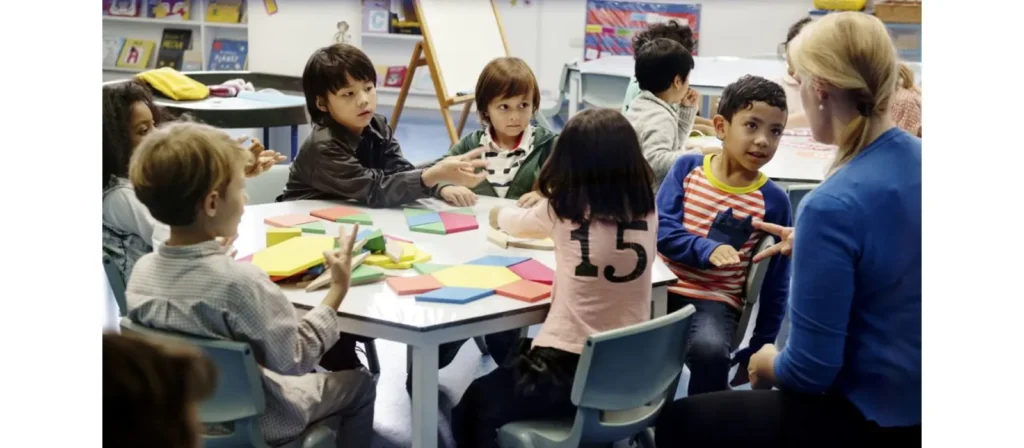
Philosophy and Curriculum
Every preschool has a different philosophy or approach to teaching. Some schools emphasize a play-based curriculum, while others are more academic-focused.
- Play-Based Curriculum: Many preschools offer a play-based curriculum emphasizing learning through exploration and hands-on activities. This curriculum fosters creativity, critical thinking, and social interaction while focusing on the child’s development.
- Structured Academic Curriculum: On the other hand, Pre-K offers a more structured curriculum that prepares children for kindergarten. This might include learning the alphabet, numbers, colors, and basic science.
Matching your child’s learning preferences with the program’s philosophy is essential. If your child enjoys structured, goal-oriented activities, Pre-K might be a better fit. A play-based preschool program may be best if they thrive in a more flexible, creative environment.
Parent Involvement
The role of parents in early childhood education is vital, and preschool programs vary in how much involvement they expect or encourage from parents.
- Programs with High Parent Involvement: Some preschools encourage active parent participation, whether through volunteering in the classroom, attending parent-teacher meetings, or participating in school events. This can be a great option for parents who want to stay highly engaged in their child’s learning.
- Programs with Less Parental Involvement: For parents who prefer a more hands-off approach, many programs allow children to independently transition into the learning environment, with little direct involvement from parents during school hours.
By understanding the level of parent involvement in different programs, you can select the preschool that aligns with your schedule and level of commitment.

The Impact on Early Childhood Education
Choosing the best preschool can have a long-lasting impact on your child’s early childhood education. The program you select will be pivotal in shaping your child’s cognitive, social, and emotional development.
Long-Term Benefits
The early years of education are critical for a child’s future success. High-quality preschool programs provide children with essential skills such as self-regulation, problem-solving, and foundational academic knowledge. These skills prepare children for future academic challenges and help them develop a lifelong love for learning.
Cognitive Development
Preschool programs that offer a curriculum based on early literacy and math can significantly enhance cognitive development. These programs help children develop skills such as letter recognition, basic math concepts, and critical thinking. This intellectual stimulation prepares children for the structured learning environment they will experience in Kindergarten.
Social Skills Development
The benefits of socialization in early childhood education cannot be overstated. Preschool allows children to interact with peers, work in groups, and practice social skills like sharing, empathy, and conflict resolution. These interactions form the foundation for healthy relationships throughout their lives.

How Do You Tell if Your Child is Ready for Preschool?
Determining if your child is ready for preschool involves observing several key signs. Here are some ways to assess if your child is prepared:
Signs of Readiness
- Independent Self-Care: Can your child dress themselves, use the bathroom independently, and manage basic hygiene?
- Attention Span: Can your child sit and listen to a story or follow instructions briefly?
- Social Interaction: Does your child interact well with peers, take turns, and share?
Parental Observations
- Emotional Stability: Can your child separate from you easily without excessive distress?
- Curiosity and Interest: Does your child show interest in exploring new things, asking questions, and engaging in imaginative play?
These factors can help determine if your child is ready to begin preschool.
Conclusion
Deciding between preschool and pre-k is a personal decision based on your child’s needs, maturity level, and developmental stage. Both preschool vs pre k offer unique benefits, but understanding the age and academic readiness of your child will guide you in making the best choice. Consider your child’s social and emotional needs and the curriculum and parent involvement each program offers to ensure a positive start to their educational journey.
